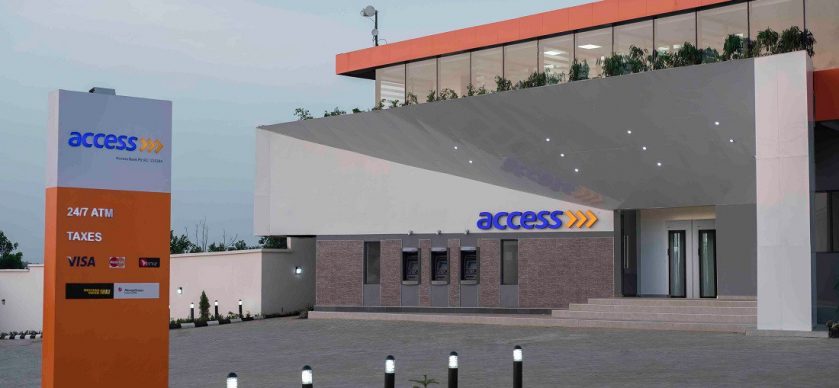Business Briefings
Fuel Imports Surge as Dangote Refinery Faces Reduced Output

A recent dip in production at the Dangote Petroleum Refinery, triggered by maintenance operations, has prompted a rise in fuel imports across West Africa, with Nigeria and Togo leading the demand shift.
Data from S&P Global Commodities at Sea show that gasoline imports into Nigeria and Togo jumped from about 200,000 barrels per day (bpd) in January to more than 300,000 bpd in March. In April, imports stood at roughly 250,000 bpd—close to Nigeria’s estimated daily requirement of 300,000 bpd.
Despite public denials of a shutdown, a Dangote official reportedly told Platts (a unit of S&P Global Commodity Insights) on May 13 that the refinery’s gasoline unit—the Residue Fluid Catalytic Cracker (RFCC)—was undergoing a restart after a four-week turnaround to resolve “design issues.” The facility is also evaluating the need for a second maintenance period later in the year.
Related News:
- Dangote Refinery, FCCPC Clash Over Petrol Monopoly
- NNPCL Clarifies Crude Oil Supply Contract with Dangote Refinery
- Oil firms, Dangote sign deal for affordable petrol supply
The RFCC, along with alkylation and polypropylene units, is now being gradually ramped up. The refinery had previously relied solely on its 120,000 bpd reformer to meet local gasoline demand during the downtime in April.
The refinery’s crude distillation unit was last operating at 550,000 bpd, about 85% of its nameplate capacity. The RFCC had reached 70% capacity before the outage and is now targeted to reach full scale, enabling the refinery to process up to 650,000 bpd.
Market observers noted that the April disruption contributed to a spike in Eurobob gasoline prices, as around 100,000 bpd of supply was suddenly withdrawn.
Although some sources expected a major turnaround in June, the recent maintenance may have substituted for those plans. Nonetheless, a June shutdown—if it happens—could lift global gasoline cracks by an estimated $3 per barrel.
Togo Emerges as Key Import Route
Amid financial pressures and exchange rate concerns in Nigeria, traders have increasingly shifted gasoline imports to Togo’s offshore Lome market. There, cargoes are broken into smaller shipments for delivery, allowing businesses to reduce tax liabilities and continue transacting in U.S. dollars—an attractive alternative to Nigeria’s push for naira-based trade.
This import trend has been supported by lower freight costs, with the UKC-West Africa clean long-range rate assessed at $22.68/mt as of May 12, down from $28.25/mt a year earlier.



